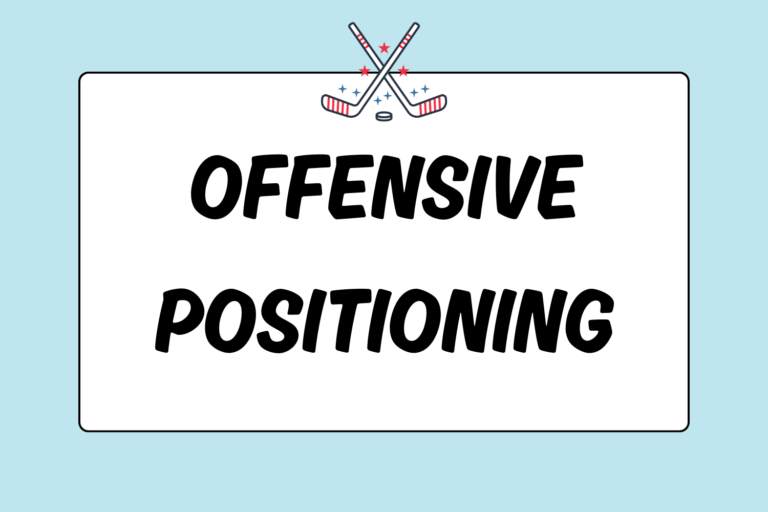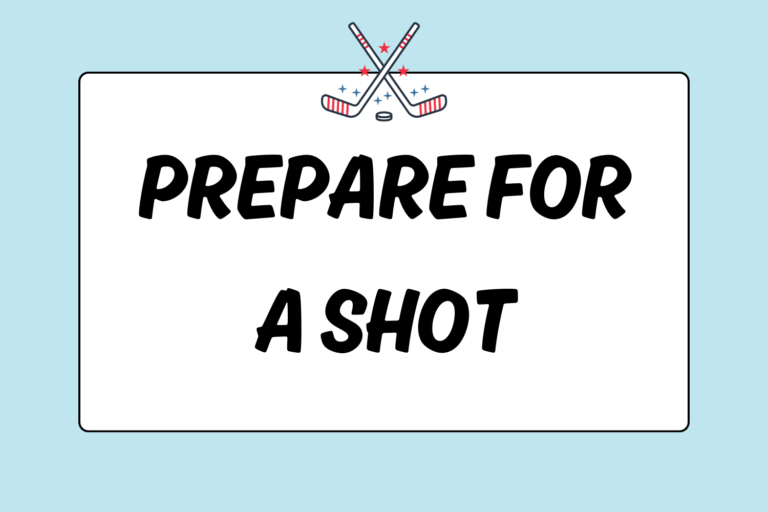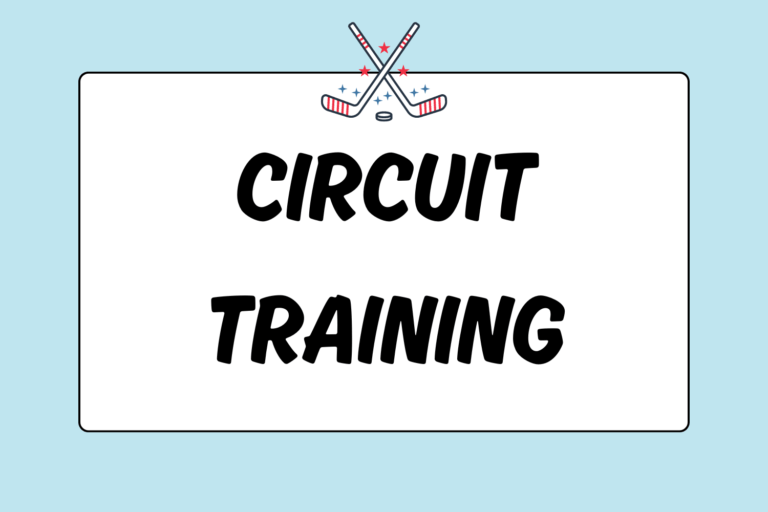A tournament can be a great fundraising event for your team or organization. Tournaments generate revenue, increase awareness of your team or organization, and are fun opportunities for fresh competition.
The event itself will take a lot of organization and preparation to set up. There are several factors that come into play when putting together a tournament. Whether it’s hiring referees, obtaining the necessary permits to compete, or ensuring all players are properly insured — there is a laundry list of steps that need to be done correctly to make a tournament happen. Luckily, this guide will cover all of the basics you need to know to organize yours today.
Tournament Type
There are several types of field hockey tournaments that can be hosted. Depending on the venue, the purpose of the tournament, and number or types of brackets — you have a lot of options.
Venue
There are three main fields (or playing surfaces) for field hockey tournaments:
- Indoor: An indoor tournament played in a gym.
- Outdoor: An outdoor tournament played on grass or turf.
- Seven-a-side: An outdoor tournament played on only half of a regulation-sized field hockey field with only seven players on each team (not including subs).
Indoor and seven-a-side tournaments are great options if you are inviting teams from out of the area (especially seven-a-side tournaments because the smaller team sizes make it easier to put teams together). However, indoor facilities may be harder to access than grass fields.
Outdoor tournaments will take the most planning (depending on the size of the tournament), but the fields will be easier to book than an indoor facilities.
Purpose
There are several types of tournaments you can host, depending on the purpose of the games:
- League tournament: Only members of a specific league may enter into this type of tournament.
- Championship tournament: This type of tournament is played at the end of a league’s season between division winners to determine the season’s champion.
- Standard tournament: Generally organized by a team or organization, anyone can enter into this type of tournament.
- Invitational: Put together by a team or organization, the host invites competitive teams to enter into the competition (teams may enter by invite only).
- Festival: A massive competition where multiple tournaments are hosted for various age and skill levels.
- Tour: A traveling tournament where teams travel to play each other in front of different crowds.
League and championship tournaments are the easiest to organize because the teams are already in leagues together. The host team/organizer only needs to create the bracket, hire referees, and acquire a facility.
Invitationals and standard tournaments are the most common types of events in field hockey. When a player thinks of a tournament, she will most likely thing of one of these two types of events. They usually last the weekend and are held between teams in the local area.
Festivals have multiple tournaments in the event itself, and tours are constantly traveling. Because both are so complex, these tournaments are generally organized by a governing body or field hockey association.
Brackets
Depending on the size, venue, and purpose of the tournament, you will also need to create a bracket and schedule for the teams. Listed below are the three main types of tournament brackets you can create:
- Round robin: Best for league schedules or tournaments with few teams and a lot of time, these brackets allow friendly play and are without consequences for losing teams. Generally, each team will play each other only once.
- Single elimination: Best for tournaments with a lot of teams and very little time, these brackets eliminate a team from the tournament after its first loss.
- Double elimination: Best for tournaments with a reasonable amount of teams and time, these brackets allow a team to lose twice before being eliminated from the tournament.
Please see our guide Field Hockey Tournament Styles for more information.
Facility
Plan to reserve your facility months in advance. Field space generally fills up quickly and you want to be able to set a sure date for the tournament. Also, make sure your facility has enough fields and goals to support your event. Otherwise, you will have to rent or borrow goals, which are hard to transport.
Consult the director of the facility about any possible liability issues before setting up the tournament.
Insurance
Regardless of where it comes from, the facility you book for the tournament may require you to provide proof of insurance for every player entered into the tournament; or it may ask for every player to sign a liability waiver.
High schools and colleges generally require the athletes to provide proof of insurance before allowing a player to compete in sports. If a player is not covered by family medical insurance, her school will often offer it at a reduced price if it is purchased through them. So if you are planning a league tournament, proof of insurance should not be a problem.
If you organize your tournament through USA Field Hockey, each player can purchase a USFHA membership and the membership will provide the insurance. No matter your situation, the best practice is to speak with the facility director and discuss this issue before scheduling the event.
Volunteers
You need workers to help run the tournament. Ask the members of your organization or your own team to volunteer. You can assign each person a specific number of hours and job to complete. Below is a list of the tasks you will need volunteers to sign up for:
- Keep score
- Keep time
- Check in the referees
- Sign in the teams
- Update the brackets
- Work the snack bar
- Complete miscellaneous tasks
Teams
Advertising your event is the best way to secure teams for the tournament. Start small by inviting the local teams, and then the neighboring leagues — just make sure you have all of the information prepared beforehand. You can also advertise the event through established league websites by contacting their directors. If teams are traveling from out-of-town, give them information on places to stay and directions to the fields.
Referees
Hire certified referees to umpire your tournament. You can find contact information on local referees through high school or college leagues. Each game requires two referees and the referees must be given a break between each game. So, hire plenty of referees to work the entire tournament.
Budget
Create a budget for your tournament. Depending on the size and scale of the event, your budget proposal may be quite extensive. For fundraising tournaments, registration fees should cover all the main expenses, including insurance fees, permits, referees, and facility rentals. You can also sell food and apparel at the tournament to make extra money. You can also require the teams to provide their own referees to cut down on costs.
Please see our guide How to Prepare a Field Hockey Budget Proposal for more information.
Directing the Tournament
Organizing a tournament takes a lot of planning and preparation. While the tournament will run smoothly if you have planned and prepared diligently, be prepared to tackle unexpected problems and obstacles along the way. Making a checklist will help you keep you sane during those last few days and hours leading up to the big day. A standard checklist should include at least some, if not all, of the following responsibilities:
- Line the fields
- Prep the volunteers
- Pick up any rented equipment (and drop of afterward)
- Send referees schedules of the games they are working
- Send each team a schedule of the games they are playing
- Purchase water for referees and teams
- Purchase food for concession stand
Start Planning
Now that you have the basic outline for how to organize a tournament, it’s time to get started on your own. You’ll figure out most of the planning along the way, but this guide has given you the tools to start.
Tournaments are a great way to get everyone involved in a fun fundraising event. So, if you are looking to raise money and strengthen the bond between your team, hosting a tournament is a great option! Just remember to always stay calm. There is no need to get stressed out over the little things — the tournament should be fun for everyone involved, including you!





